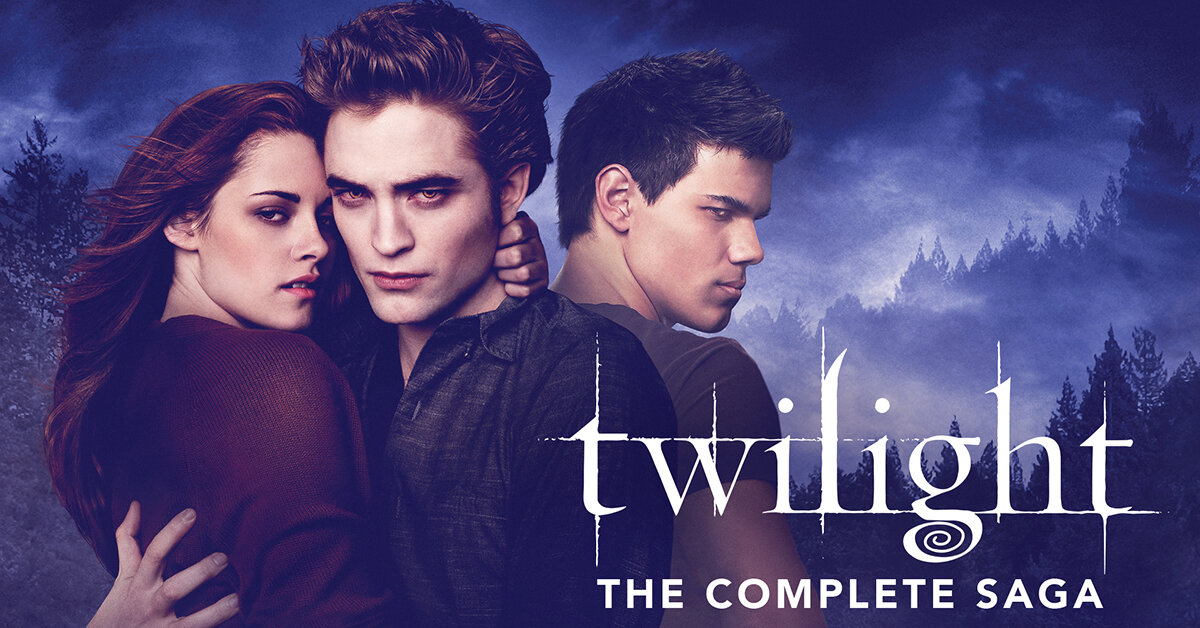First Person vs Third Person Narration | Pros & Cons
One of the biggest decisions you’ll make when you sit down to write is the style of narration. TRC Publishing is dedicated to fantasy books with a Christian message/appeal, but no matter the genre you write, I think many authors can understand the struggle with the decision on how to best tell their story. Let’s do a comparison of the pros and cons of writing a first person versus third person narration and see where your story fits best.
First Person Narration (FPN)
Books with this style are narrated by the main character. The situations and events of the story are relayed through the eyes of the narrator. In FPN, readers have access to the narrator’s thoughts and emotions via inner dialogue. This is because we are experiencing the events of the story from the narrator’s perspective. The word for this relationship is called psychic distance—the psychological closeness to a character—and it is one of the strongest pros of writing in first person.
FPN is best suited for books in which emotions, inner dialogue, and internal struggles are key parts of the story or when only one character’s perspective is required to tell the story.
Genres where FPN thrive:
Romance, religious fiction, literary fiction (books about mental illness, emotional issues/struggles), coming of age, and fantasy novels where worldbuilding is less important.
This doesn’t mean you can’t write an action thriller in FPN, but it does mean you may feel limited in some ways when you sit down at your keyboard.
One of the things FPN sacrifices is descriptive language. While you are certainly able to include descriptive language in your FP book, you must remember the book is being told from a specific character’s perspective. This means details in the story are given in the way the character would describe them.
In the space opera, Starfire: A Red Peace, by Spencer Ellsworth, one of the main characters is illiterate and cannot read. She does not describe much of her surroundings because she simply does not have the words. Her narrative is limited to her own limited intelligence and experience in life. Think of the way children’s books are narrated or the perspective of the main characters from books/movies like Forrest Gump and Lottery by Patricia Wood. Both of those stories feature a protagonist with limited cognitive abilities, so the narration is equivalent to that of someone much younger than the character’s actual age.
YA fiction often suffers from FPN because readers are forced to see things from a teenager’s perspective with their limited knowledge, experience, and emotional immaturity.
Because the mindset of your narrator is so important, FP narration is also a way to filter your audience. Most readers age 20+ may be hesitant to read your fantasy romance if they’re going to be stuck in the head of a swooning 16-year-old for 600 pages. But the story may be more bearable when told from third person perspective.
This is best demonstrated when you look at characters like Bella Swan from the Twilight saga and Sansa Stark from Game of Thrones*. Both girls are teenagers in love with someone they shouldn’t be—Sansa with Joffrey (for a time, haha) and Bella with Edward Cullen. You’ll find forums littered with complaints about Bella and her obsessive love for Edward throughout the series. But her strong emotions and poor decisions are justified and overlooked in each book because she is the narrator. In her own eyes, everything she does is good and right.
On the other hand, Sansa Stark is also a young teenager in love. She makes many mistakes and poor choices throughout the series but telling the story in third person creates a greater psychic distance between the characters and the readers. This barrier makes it easier for audiences to accept the mistakes and poor choices Sansa makes because these bad decisions are not justified or overlooked simply because she is a main character.
When you write in FP, your story is molded around that character’s thoughts, emotions, and opinions. The story is told in their voice because it is it their story. When your character’s voice is strong, the narration is strong. When they are inconsistent, emotional, suffering an addiction, mentally ill, have low self-esteem, etc, the voice shifts to their personality.
Mare from Red Queen had anger issues and often saw things from a narrow perspective. This made her an annoying character and made the book difficult to enjoy. On the other hand, Feyre from A Court of Thorns and Roses could not read or write very well and often referred to herself as a less intelligent person compared to her educated sisters. But there were times she used advanced descriptive language while somehow still struggling to even spell her own name. This can be overlooked because perhaps the author did not want to describe an entire Fae world through the eyes of a character who would not know the necessary vocabulary. But this also opens the door to some criticism on consistency since Feyre does end up using descriptive words she shouldn’t know.
Third Person Narration (TPN)
TPN can accomplish the same things as first person narration but may require more planning or time. A FP story will uniquely allow characters to immediately trust readers. This means audiences will have insight on a character’s thoughts, emotions, fears, and prejudices. But in third person, these aspects are revealed through events and circumstance—thus requiring more development in the story.
Game of Thrones, by George RR Martin, encompassed each character’s thoughts/emotions very well. Sansa was girlish and naïve; Jaime Lannister was conniving and sarcastic. But inner dialogue was far and few; we saw emotions and personal conflicts through actions/reactions more than anything. Situations and worldbuilding was of greater importance than reflection and character development. The story was the meat of the book, not the character’s journey.
In third person, you can overlook narrative inconsistency like in A Court of Thorns and Roses. This is because the narrator is a separate entity from the protagonist. So having a main character who is very young or has limited education does not mean your story will be limited by the perspective of your hero. You can use descriptive language that would be out of your protagonist’s mental capacity and you can easily world-build without being limited to the things your character may describe versus others. If your protagonist is someone who does not care for the outdoors, there may not be much description of the enchanted forest she travels through in a FP book. But this limitation will not be as pressing in a TP book because the third person narration has no biases or preferences.
Another great thing about writing TPN is the ability to use multiple narrators. You can still use multiple narrators in FP but the transition between characters tends to be much smoother in TPN. This is because TP books have a greater psychic distance, almost as if readers have taken a step back from the story. We aren’t as bonded with characters in FPN because we aren’t in their head, experiencing their struggles and their emotions right alongside them. So, the switch between perspectives in a multi-narrator book is not as jarring or disruptive in TPN as it would be in FPN.
Genres best suited for third person narration…
Fantasy, science fiction, action thrillers, epics, adventure, mysteries**
TPN also thrives in books where there tends to be a “bigger picture.” If you have more than one narrator or more than one side of a story to tell (i.e., telling part of the story from the antagonist’s perspective), TPN may be better for your book.
*It is also worth noting Game of Thrones and Twilight are different genres written for different audiences. These characters were used for the example of perspective differences only.
**Mysteries can also thrive in FPN. By limiting the story to the viewpoint of the protagonist, author’s allow suspense and mystery to build naturally rather than having to deliberately leave out details in TPN or avoid revealing descriptive language.
So, where does your story fall? Are you writing an emotional drama about overcoming an addiction? Maybe FPN will be best for you. Are you thinking of starting a YA Christian fantasy series told from multiple perspectives? TPN is likely your best choice. What about a murder mystery told from the victim’s perspective? That may depend on your own style of writing.
I hope you guys enjoyed this article! It was a ton of fun for me to write; keep an eye out for the companion video to this post on YouTube! Subscribe to us on YT to be notified whenever we upload. Don’t forget to subscribe to our newsletter to find out about new articles, deals on our books, and news on our next release!
Thanks for reading, God bless!




